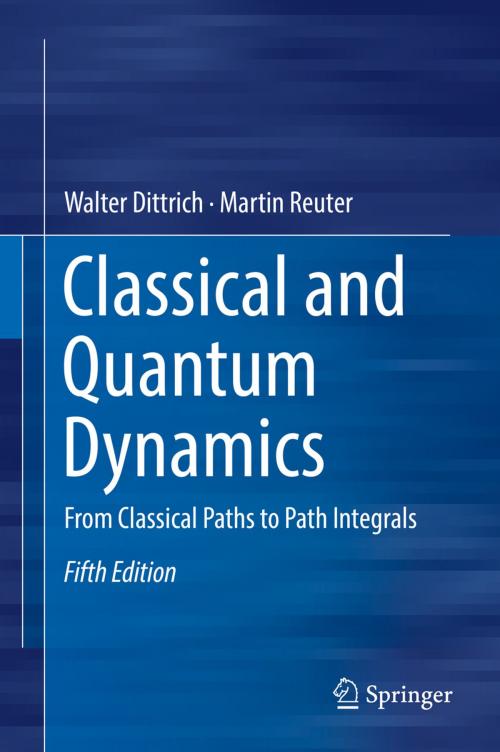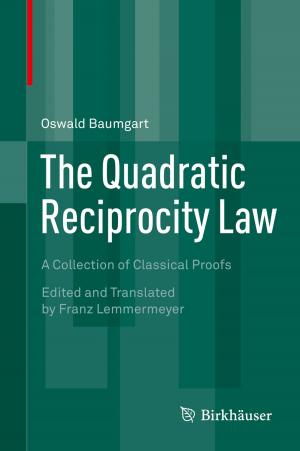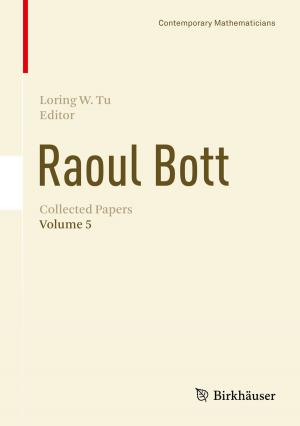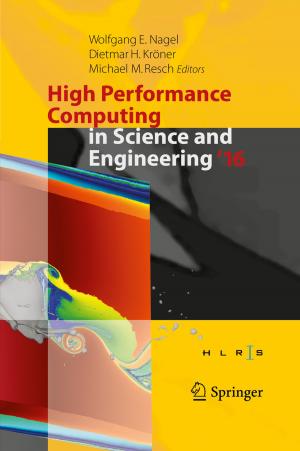Classical and Quantum Dynamics
From Classical Paths to Path Integrals
Nonfiction, Science & Nature, Science, Physics, Mechanics, Quantum Theory| Author: | Walter Dittrich, Martin Reuter | ISBN: | 9783319582986 |
| Publisher: | Springer International Publishing | Publication: | May 11, 2017 |
| Imprint: | Springer | Language: | English |
| Author: | Walter Dittrich, Martin Reuter |
| ISBN: | 9783319582986 |
| Publisher: | Springer International Publishing |
| Publication: | May 11, 2017 |
| Imprint: | Springer |
| Language: | English |
Graduate students who wish to become familiar with advanced computational strategies in classical and quantum dynamics will find in this book both the fundamentals of a standard course and a detailed treatment of the time-dependent oscillator, Chern-Simons mechanics, the Maslov anomaly and the Berry phase, to name just a few topics. Well-chosen and detailed examples illustrate perturbation theory, canonical transformations and the action principle, and demonstrate the usage of path integrals.
The fifth edition has been revised and enlarged to include chapters on quantum electrodynamics, in particular, Schwinger’s proper time method and the treatment of classical and quantum mechanics with Lie brackets and pseudocanonical transformations. It is shown that operator quantum electrodynamics can be equivalently described with c-numbers, as demonstrated by calculating the propagation function for an electron in a prescribed classical electromagnetic field.
Graduate students who wish to become familiar with advanced computational strategies in classical and quantum dynamics will find in this book both the fundamentals of a standard course and a detailed treatment of the time-dependent oscillator, Chern-Simons mechanics, the Maslov anomaly and the Berry phase, to name just a few topics. Well-chosen and detailed examples illustrate perturbation theory, canonical transformations and the action principle, and demonstrate the usage of path integrals.
The fifth edition has been revised and enlarged to include chapters on quantum electrodynamics, in particular, Schwinger’s proper time method and the treatment of classical and quantum mechanics with Lie brackets and pseudocanonical transformations. It is shown that operator quantum electrodynamics can be equivalently described with c-numbers, as demonstrated by calculating the propagation function for an electron in a prescribed classical electromagnetic field.















